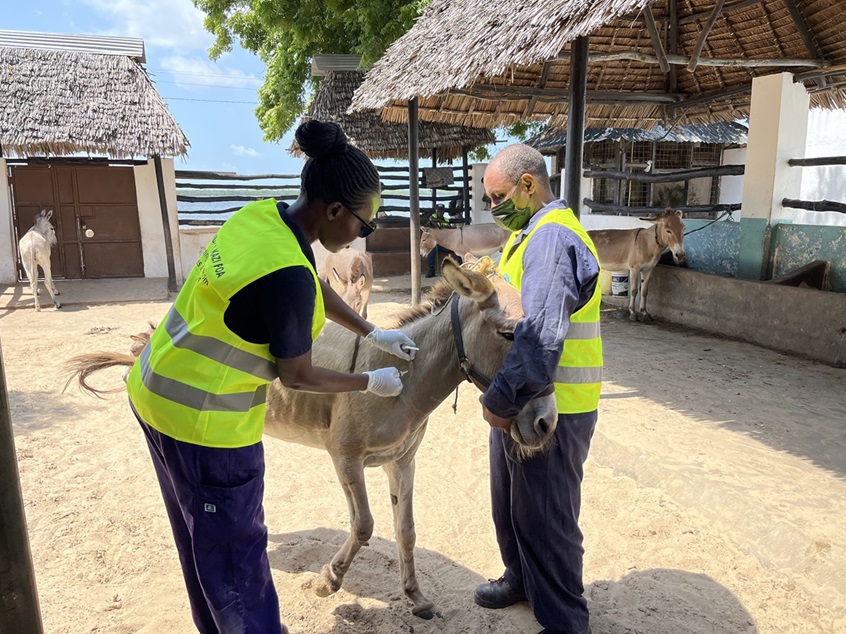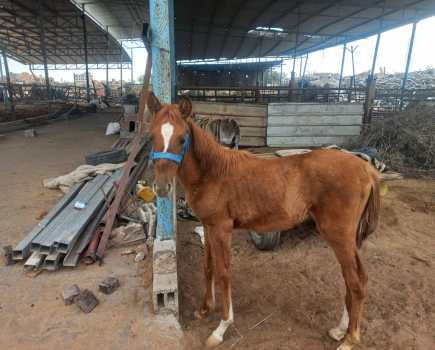The Donkey Sanctuary is supporting two five-year programmes in Africa and Mexico which are expected to vaccinate around 50,000 donkeys against rabies.
One of the world’s most deadly and dangerous diseases, rabies is entirely preventable through vaccination.
Although rabies is more commonly associated with dogs, any warm-blooded mammal can contract the infectious viral disease which is spread when infected saliva enters an open wound.
The Donkey Sanctuary has collaborated with local government agencies and partner organisations to support rabies vaccination programmes in Lamu in Kenya and in Oaxaca in Mexico. Both communities rely heavily on donkeys for their livelihoods.
Dogs included in vaccination programme
In Lamu, the Donkey Sanctuary is also vaccinating dogs as part of their programme. Over a six-week period which started in May, the team vaccinated around 1800 donkeys and 2500 dogs. At the same time, the donkeys were also vaccinated against tetanus.
“Donkeys are the bread winners for many families in Lamu, and in Kenya as a whole,” said Dr Solomon Onyango, country director for The Donkey Sanctuary in Kenya.
“This calls for communities, the government, and both humanitarian and animal welfare organisations to be proactive and work together to ensure that we control and eradicate rabies, which is a devastating disease and a major threat to public health.”
“It is vitally important that we not only do this to help protect people, but also safeguard their donkeys, which are a major part of their livelihood.”
So far, the programme in Oaxaca has vaccinated 4000 donkeys against rabies. This year, regions in San Luis Potosi have been incorporated into the programme and it is hoped to expand it to include parts of Hidalgo and reach a further 4000 donkeys before the summer of 2025.
Rabies is ‘a global threat’
“With a fatality rate of almost 100 per cent in humans and animals alike, rabies remains a global threat in donkey-reliant communities like Lamu and Oaxaca,” said Rebekah Sullivan, veterinary surgeon at The Donkey Sanctuary, who visited the Lamu vaccination programme.
“There is no cure, so prevention is vital, which is why our programme and a ‘one welfare’ approach works to vaccinate not just donkeys, but companion animals such as dogs, which transmit the disease. We know that what saves animals, will save humans too.”
World Rabies Day took place last month (28 September) and was marked in Kenya by a production from a local drama group which uses forum theatre as a way of engaging with those communities who are reliant on donkeys.
The production was based on the socioeconomic importance of donkeys in Lamu and the need to safeguard them against rabies and tetanus.









